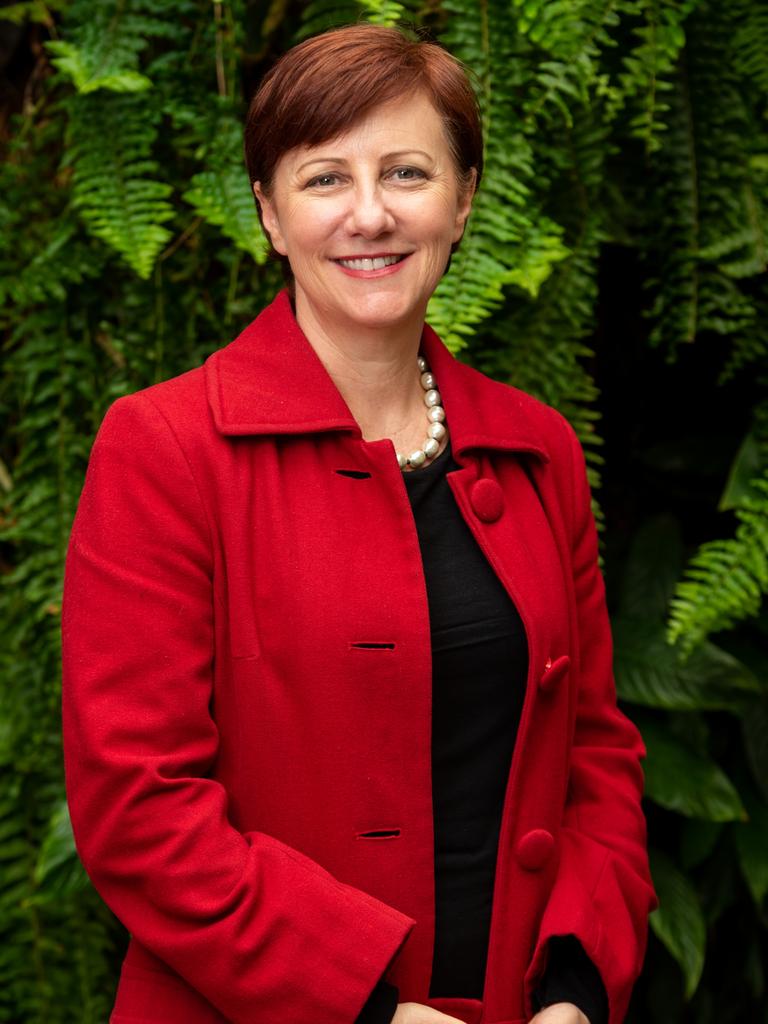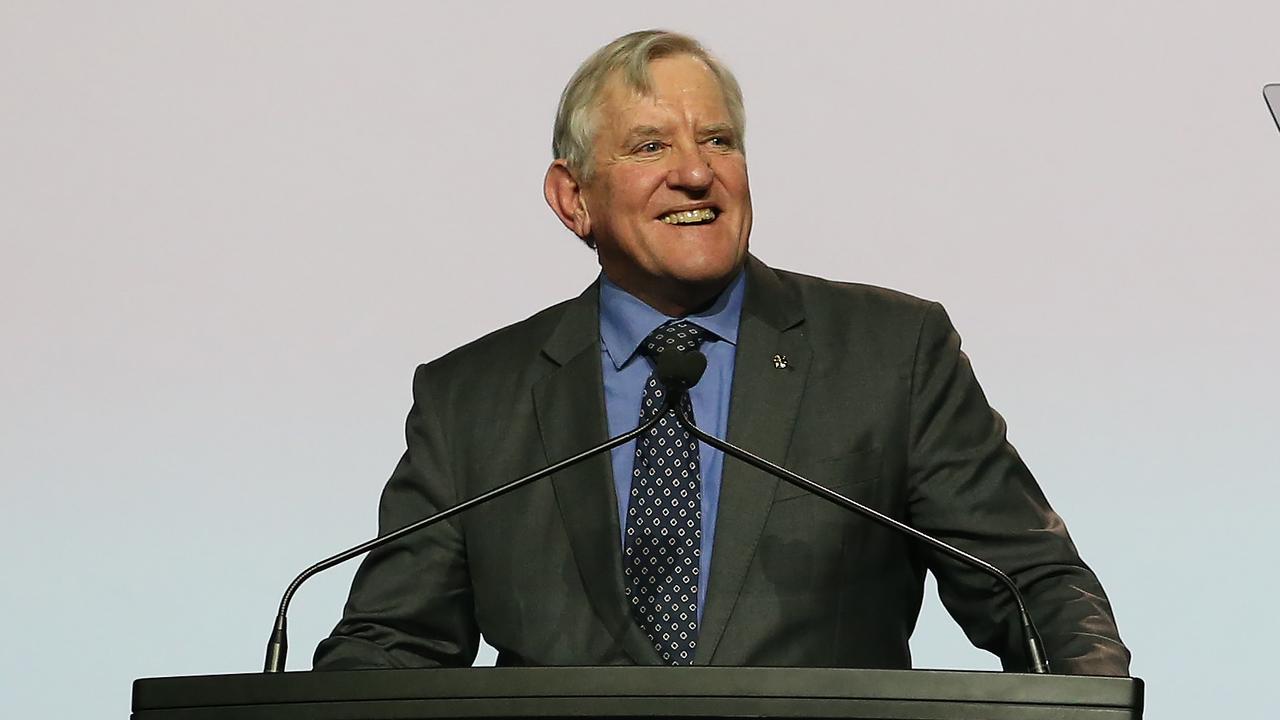Darling Downs gas operators say job lay-offs, lower investment possible ahead of federal government market caps
Surat Basin gas producers could be considering cutting investment and even job losses from as early as next year, in response to the federal government’s plan for market caps. It comes as a Toowoomba expert reveals a solution to prevent future crises.
Business
Don't miss out on the headlines from Business. Followed categories will be added to My News.
Darling Downs lobbyist groups say gas companies in the Surat Basin are threatening to pull upcoming investment and potentially lay off workers if the federal government pursues market interventions.
The fallout from the Albanese Government’s proposed plan to place a temporary cap on the price of uncontracted gas (worth 15 per cent of the market currently) at $12 a gigajoule next year has continued, as special interest groups vie for control of the nation’s attention.
While the move to try to reduce power prices has been praised by consumer groups like the Energy Users Association of Australia, the gas and wider resource sector says such an intervention would damage investment confidence and ultimately result in lower supply.

Toowoomba and Surat Basin Enterprise CEO Ali Davenport said some of the region’s five major gas and CSG operators had indicated an intervention could lead to job losses on the Darling Downs.
“Investment occurs all the time, they invest in new wells continuously, so what this could do is potentially affect employment as early as this year,” she said.
No companies were willing to go on the record about this, with Senex Energy declining an opportunity to comment.
Both the Australian Petroleum Production and Exploration Association and Queensland Resources Council said the temporary cap and strong regulatory powers might reduce prices in the short term but would eventually have the opposite effect in the years to come.
“It’s a huge disincentive for companies to invest in future gas,” QRC CEO Ian Macfarlane told The Chronicle.
“Whether they’re national or international companies, placing a cap on the open market means for any gas that is at all risky, there is not the returns to cover the risk.

“You’re going to go somewhere where you can drill and sell into the international market, and that’s not east coast Australia.”
Mr Macfarlane even went as far as to argue companies would rather invest in developing nations with riskier political environments like Mexico than deal with interventions from Australia’s state and federal governments.
“When you compare countries like in West Africa and Mexico, against the risk of government interference in Queensland and NSW, Mexico comes out on top,” he said.

NEED FOR ENERGY RESERVE STRATEGY
University of Southern Queensland’s Associate Professor Andreas Helwig, who specialises in electromechanical engineering, said crises and market disruptions like the war in Ukraine wouldn’t be as devastating for consumers if the nation had a long-term strategy.
Prof Helwig proposed a multi-generational energy storage and reserve plan to ensure Australia had enough resources to meet high-demand periods.
“Major market price capping in a free market economy does affect investment confidence in the short-term, whereas if you’re in a centrally-controlled economy it works very well — China has a centrally-controlled market for example,” he said.
“You have to invest in seasonal storage, so when the demand is high or crises occur, it doesn’t affect energy costs in the country.
“At the moment, Germany has got a year’s worth of liquid natural gas to carry them through winter and into midsummer – they’re increasing their storage.”
Prof Helwig pointed to the United States’ current anti-market intervention policies as a perfect example.
“It has a seasonal storage of energy — most oil and gas is stored in the seas globally, but they have a national reserve of oil onshore,” he said.
“We have lots of gas but we don’t have an annual supply of gas stored, last winter, Victoria and South Australia had gas storages.
“We had no central storage that had been bought at a lower price, and now demand is so high, global markets are making huge amounts of money on the spot market.”
Prof Helwig said this approach would also be needed for the burgeoning renewables sector, as well as hydrogen and coal.
“Renewable energy has the same problem — it’s quite complex, but it’s not something that seems to be in our national collective psyche,” he said.
“If you don’t have seasonal storage, during high demand, companies sell to where they can make the maximum profit.
“Companies don’t look to national interests, they’re to provide shareholders with a maximum return.”







